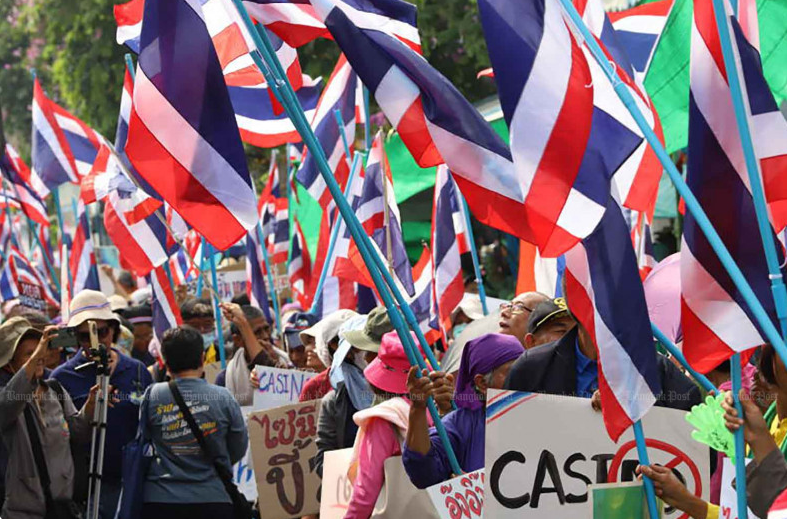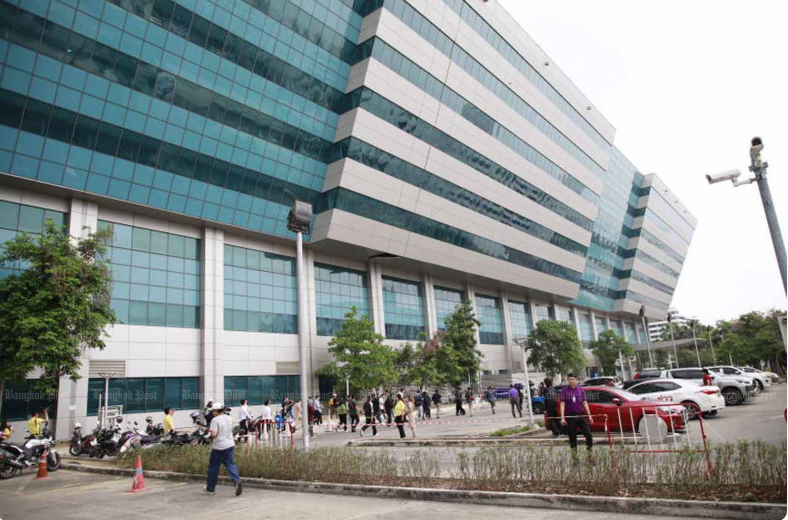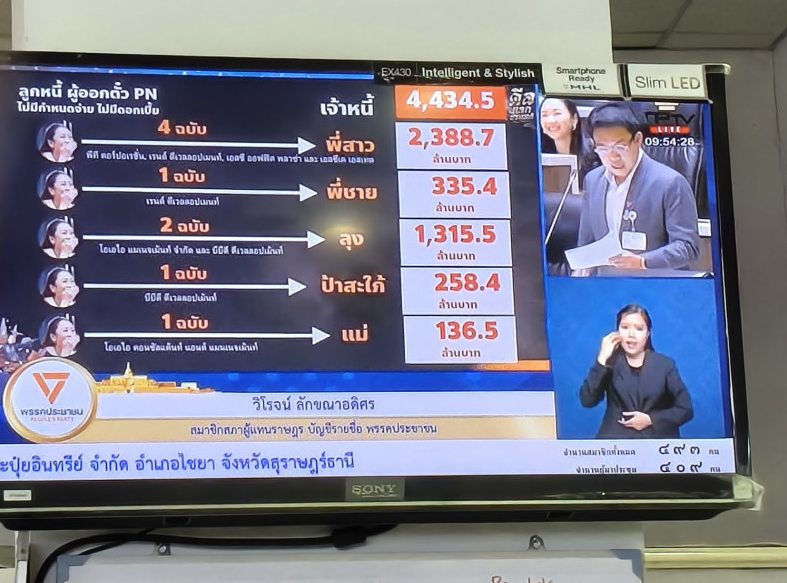The burden of giving
Panthasak Tattawas, a senior adviser to the cabinet minister Wiroj Lakkhanaadisorn, deputy leader of the so-called People’s Party who gained public attention over the gift tax issue by alleging on Monday, the first day of the censure debate that Prime Minister Paetongtarn Shinawatra had avoided paying an amount of 218.7 million baht.
Parents can transfer up to 20 million baht of assets to their children free of charge every year, said Mr Wiroj. Rather than using that exemption, Ms Paetongtarn was said to have taken other steps to avoid the payment.
What is a gift tax?
Gift tax applies to property transferred to, or received from children, spouses, relatives or any person living. When introduced on Feb 1, 2016, it aimed to prevent inheritance tax avoidance.
Who are ascendants and descendants?
Ascendants are fathers, mothers, grandfathers, grandmothers, great-grandfathers and great-grandmothers from the father and mother’s side.
Descendants are children (which includes legally adopted and illegitimate children legally recognised by their fathers), grandchildren, and great-grandchildren.
Who foots the bill?
With respect to immovable property, the tax liability is borne by individuals who transfer the title of the property. This applies to assets transferred to your biological children but does not apply to transfer of assets to adopted children.
For movable assets, if recipients obtain movable assets as a form of support or gift from their ascendants, descendants or spouses, the gift tax shall only be imposed on the portion exceeding 20 million baht per tax year. If you receive assets as support due to obligation or as a gift from anyone, except ascendants, descendants and spouses, a gift tax is levied at the rate of 5% on the portion exceeding 10 million Baht per tax year.
What are the gift tax rates?
With real assets, donors pay tax at the land office upon transferring ownership at 5% of value over 20 million baht. The givers, however, can take this part into their income tax.
For movable assets, the recipients are subject to a 5-per-cent tax on the amount that exceed 20 million baht, or 10 million baht depending on their relationship with the givers. The recipients can include this segment of their income tax.
*In other cases not covered by either of these, recipients are liable to pay personal income tax at a progressive rate–from 5% to 35%—depending on their income.










